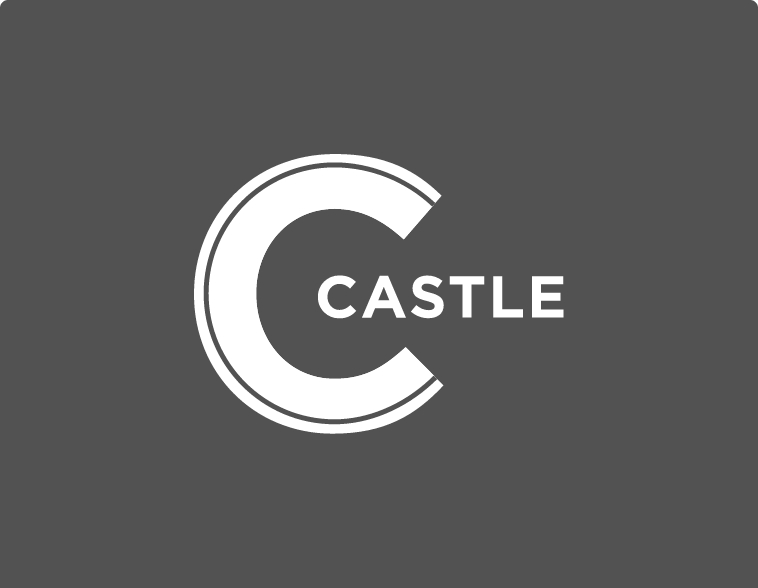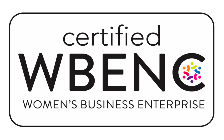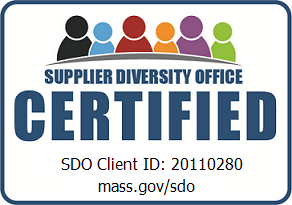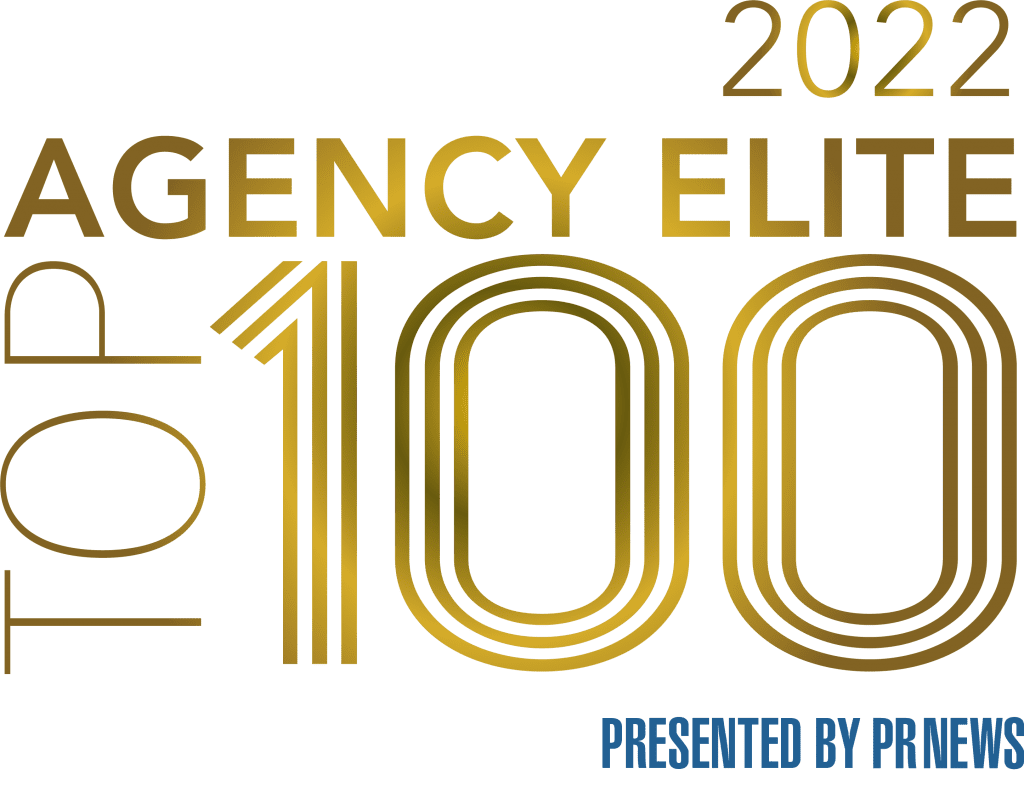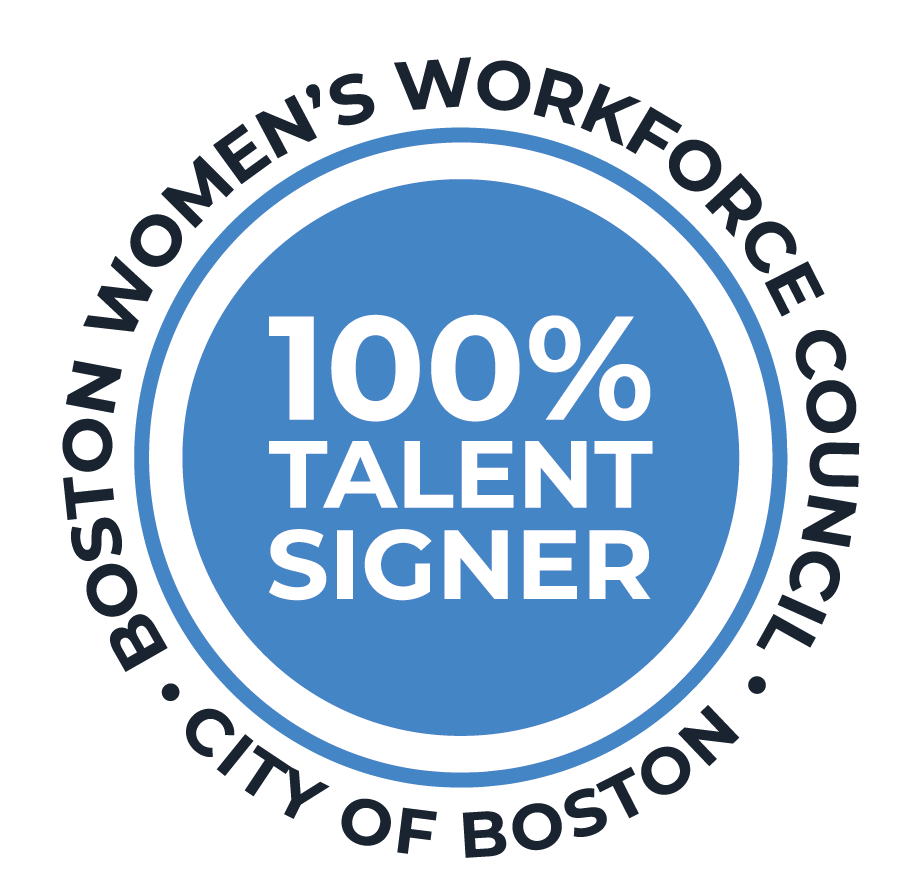College is tedious. Students are often tasked with assignments that, while thought-provoking, seem irrelevant. Consequently, countless students are all left wondering the same thing, “when am I going to use this in the real world?” As a rising professional, experienced intern and college senior, I have news for you. You’re going to use it. All of it. The content you included in your biology assignment may never be used again, but the process and the principles from the assignment will hold true. The motives behind the assignments go far beyond the use of chemistry or calculus. And that’s what students continuously fail to understand. I have written a series of posts intended to provide answers to the million-dollar question described above and propose ten ways that college has actually prepared you for the real world. Here is the first post:
From College to Knowledge: Editing
Think back to that writing class you took during your freshman year of college. How many drafts did you write before passing in that perfect final copy? Personally, I had to write at least two, with a new round of edits after each one. I’ve got to admit, the countless revisions were repetitive and tiresome. Still, I never thought that this process would be an integral part of my future—until now.
As a public relations intern, one of my responsibilities is to write press releases. These releases are short, factual, and shouldn’t take more than 30 minutes to draft. But upon completion, at least two other people will revise the words I just put together. And after the initial amendments, the release must undergo one last check before a final product is sent to the client. It can take over a day for a final draft to be edited to perfection (and I’m using final loosely here – clients always have “helpful suggestions”).
Now, I haven’t taken a writing class in a few years, but last time I checked it took quite a bit longer than 30 minutes to write an essay: a sufficient rough draft can take over a week to craft. While a first edit may not take too long, you’ll still spend hours writing, rewording, and improving your work. However, in order to produce the best possible piece, you need the contributions of different editors. Different people bring different perspectives which will help you clarify, organize and finalize ideas. Plain and simple.
While my example is about editing an actual draft, it can apply to all aspects of the working world. After initially completing an assignment, ask for feedback. After making your first round of alterations, ask for more feedback. Your final product can only improve from the addition of another distinct opinion. Everybody has something relevant to offer, even if it’s simply adjusting one sentence or changing one word. So next time you contemplate handing in an unedited final product, consider the consequences. If you don’t make edits to an essay, it may cost you a letter grade. But if you don’t make edits in the professional world, it can cost you your job.



